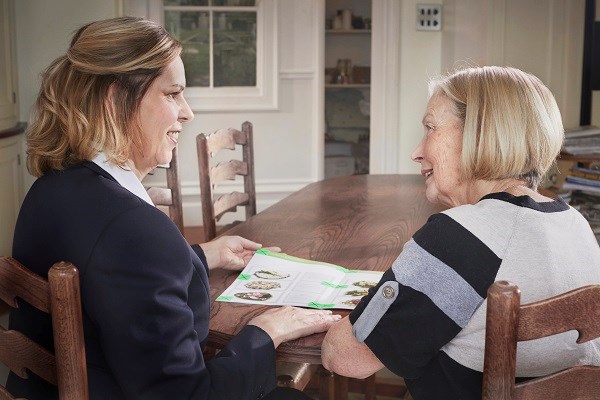Whether or not you are dealing with the death of someone who was close to you, planning a funeral can be a tough thing to do, especially if you have never made these sorts of arrangements before. The first thing to know is that you will have to formally register the death with the local registrar’s office before the funeral can proceed. Once you have been issued a medical certificate giving the cause of death by the local GP or the hospital where the person died, you can take it to the registrar. Do this within five days of the death. Once you have done this, you’ll have a death certificate with which you can cancel benefits, notify banks and so on.
Throughout the Southwest region, there are numerous funeral directors to choose from. You may already know which firm you want to appoint to handle the deceased and to prepare them for the funeral, particularly if the deceased lived in a village or a small town with just one local firm. That said, not all funeral directors in the Southwest are well-versed in all funeral rites. You might want a company that can handle a Jewish funeral, a Hindu cremation or an Islamic burial, for example. There again, the deceased may have left instructions that they want an eco-friendly funeral or even a burial at sea. If so, seek professional advice from professional funeral planners who can point you in the right direction.
The next thing you will need to organise is where to hold the funeral itself. According to Newrest Funerals – a firm that helps to plan countless funerals each year in Cornwall, Devon, Gloucestershire, Somerset and Wiltshire – the costs associated with funeral venues vary greatly. At local authority crematoria, for example, the most expensive slots tend to be in the middle of the day and have additional charges for Saturdays. On the other hand, if you opt for the first or last time, then you are likely to save a great deal. Local knowledge can be very beneficial in this regard, especially if you don’t live in the Southwest but are planning a funeral there.
With the funeral venue booked, think about what the service will entail. Some people want hymns, a traditional eulogy and readings from religious texts but this doesn’t suit everyone. Remember that not everyone will necessarily be able to get to the funeral either, especially if it is going to be held in a location like the Isles of Scilly. If so, consider live-streaming the service so that people can attend virtually. Many funeral venues in the Southwest now have the necessary technology to allow for this. Finally, book somewhere for a wake to be held. A function room or a village hall is usually a good choice but staging a wake in your home – or that of the deceased – is also a perfectly reasonable option when people have travelled a long way to attend.

